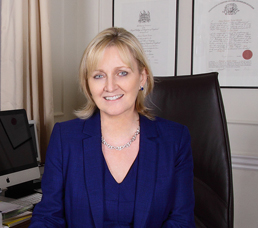Myositis is the overarching name for a group of inflammatory diseases that affect muscle tissue resulting in chronic inflammation of muscles and connective tissues. While rare, Myositis can have a significant impact on a person’s life. What, then, are Myositis symptoms and treatments?
Types of Myositis
According to the Myositis UK, there are four main types of Myositis, including:
- Polymyositis: Mainly affects the shoulders, hips and thigh muscles. It’s more common in women 30 to 60 years’ old.
- Dermatomyositis: Affects adults and children, causing rashes on the body as well as muscle weakness.
- Post-infectious Reactive Myositis: Caused by viral infections, resulting in short-term muscle inflammation.
- Inclusion Body Myositis: Causes muscle weakness in the thighs and forearms, resulting in problems flexing fingers and feet. It’s more common in men 50+.
Myositis symptoms and treatments
Myositis symptoms and treatments include:
Symptoms
Myositis causes muscle weakness, though which muscles are affected depends on the type of Myositis. Some people also experience pain in addition to rashes, extreme tiredness, thickening on the skin of the hands, or difficulty breathing or swallowing.
Treatments
Treatment varies but, in general, includes a mix of:
- Exercise and physiotherapy that encourages gentle muscle and joint movement, reducing the risk of pain and stiffness.
- Steroid medication, which includes tablets and creams (where there the skin is affected). While steroids work well, the side effects (high blood pressure, diabetes and cataracts) mean they aren’t for everyone.
- Disease-modifying anti-rheumatic drugs, or DMARDs, are another form of medication that work well by suppressing the immune system and reducing inflammation. DMARDs take longer to work than steroids but have fewer side effects.
Support managing Myositis
To understand the treatment combination that could work for you, contact Consultant Physician and Rheumatologist Dr Stephanie Barrett today on 020 7730 8508 or enquiries@drstephaniebarrett.com.



